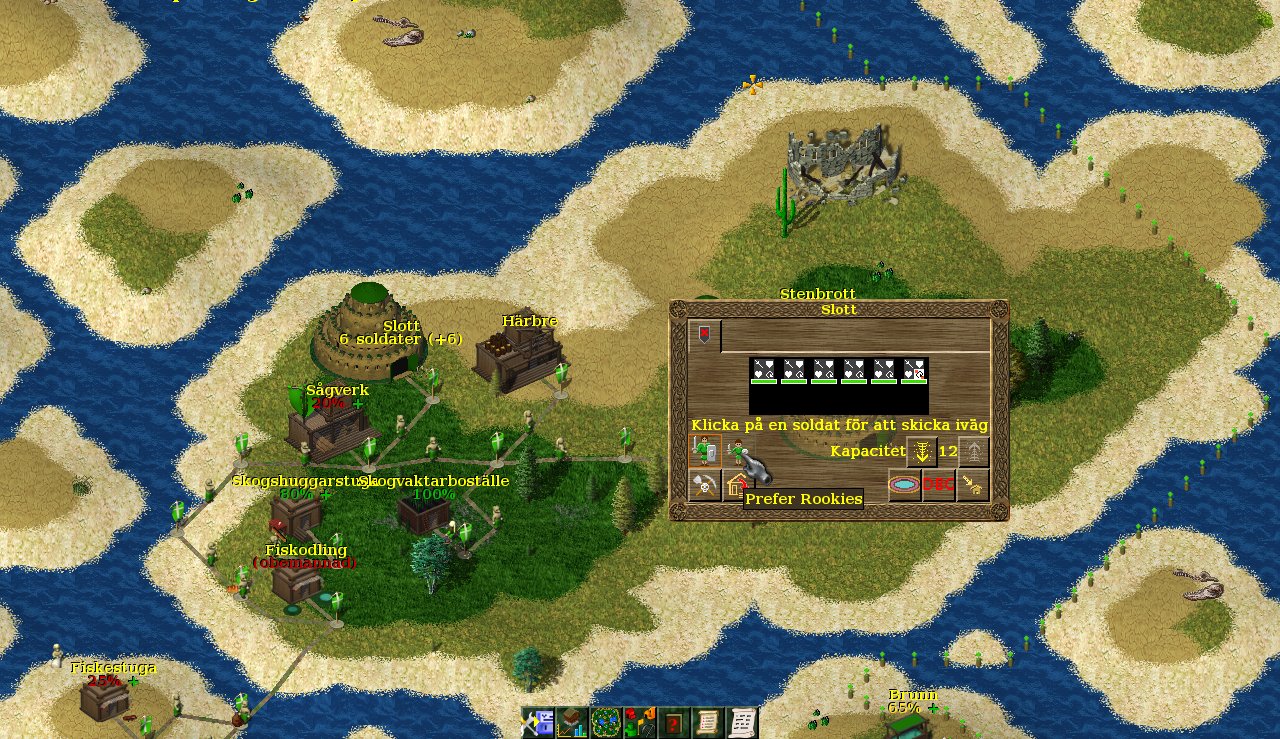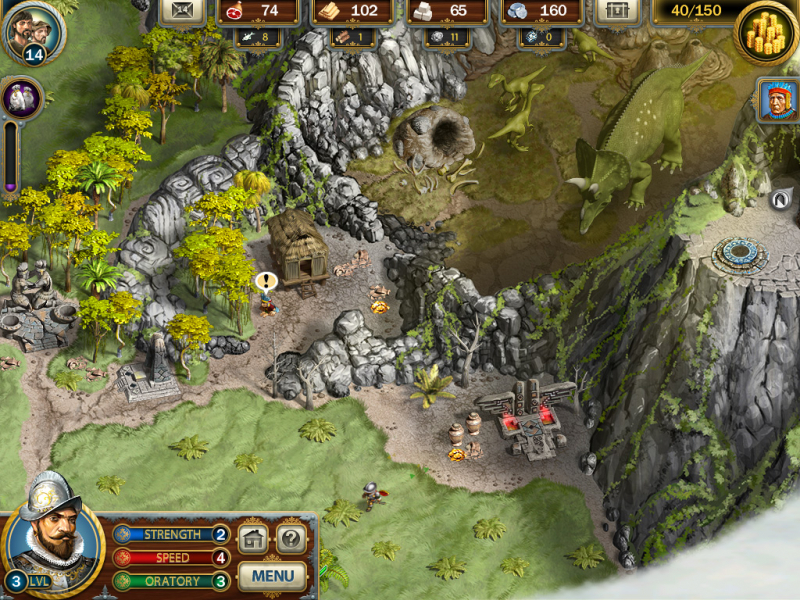

Falling behind in this can lead to you finding out that you REALLY wish you had access to something in the next stage, butnow find yourself an hour away from having. Whether just letting your cash tick up, recycling-replacing your forces with new technologies, or setting up defenses at key locations (for base-missions anyway), you can use the extra time on one mission to make your life on further ones easier.īut mostly, the reason you want to prevent stages from ending is so that you can research all the techs you get in a given stage. This is, as any WZ vet will tell you, the MOST important aspect to your strategy.Īll stages (save the very first and last) have a timer on them so in some stages, you'll find yourself wishing you had more time, and on others, you will think you had "too much". Vital Strategy #1: Use up every second of your per-stage timer. well, and mine, since as I type, I am letting my power tick up on stage Alpha1. Trust me, I am typing this out for your benefit. But then again, expert WZ players probably wouldn't be reading a guide. You may feel free to ignore these as you wish expert WZ players can make do without some of these and still win the game. It makes all the nice touches in the game world live on borrowed time.There are some general strategies that you need to know to maximize your Campaign Gameplay experience. There are a few more minor complaints that can be said about the game (the control is far from intuitive, and the camera can sometimes hide units from you), but the main problem is that a time clock shouldn't have been included in this war. It's perhaps the reality set by the constraints of the system, but one that could've been made far less frustrating if the timer weren't magnifying the point. This creates a cycle where you'll have to start from scratch every time you take a wrong turn at some critical junction within a stage.

How many times would you be willing to spend two hours coming within merely minutes of reaching your goal, only to have the timer run out and your game wiped away? In W2100, the answer is not many, because like other RTS console games, it's missing a critical element of its PC brother: the ability to save anywhere. Missions range from an hour-and-a-half to two hours long, which makes sense in some sorties, but in others it renders them unplayable. Unlike Command & Conquer: Red Alert: Retaliation, Warzone 2100 suffers not from being too difficult, but from possessing a woefully inappropriate time limit. Like many real-time strategy games on the console systems though, there are some fatal flaws.

Thus, your new troops aren't so green that they don't have time to use their snazzy new weapons before being wiped out. Units also become better shots, harder to kill, and more maneuverable as they gain combat experience, which can be passed on to later machine generations by recycling the veteran forces in your factories. You'll often ignore the more complex commands, since you use a joystick to input them with instead of a keyboard, but the saving grace is that the units are smart enough to defend themselves, attack the enemy, or repair broken down structures or vehicles if the situation absolutely requires it. You can also command your units to retreat after sustaining light, medium, or heavy damage. You can assemble more than 2,000 unique vehicles from basic building blocks and then instruct those units using more than two dozen different commands, such as attack, defend, patrol, pursue. The best thing is its high level of customizability. That's only one of the things to like about Warzone 2100. Having a base camp to send missions away from as well as defend invests you considerably in the story and world, much like building your own island town in Konami's Suikoden. Later, you invoke the wrath of hostile forces that don't appreciate your poking around in their backyards, and then you must defend your home operations against them. Once the area is fully yours, you send troops on away missions via an air transport to explore other environments and search for artifacts of the past, so your scientists can research "new" technology. You begin your game by setting up a base camp and clearing scavengers completely out of the surrounding area. The basics of any real-time strategy game - you build factories and other structures that harvest natural resources so you can create more structures, units, and machines - are all observed here. That's the premise of Pumpkin Studios' real-time strategy game Warzone 2100, which was developed for both the PC and PlayStation, though it's been made more "actioney" for the console. It's the future, and the world has gone all apocalyptic, but technology's advanced enough that you can build just about anything you want, as long as you have enough resources and can defend them against others out there who are just like yourself.


 0 kommentar(er)
0 kommentar(er)
